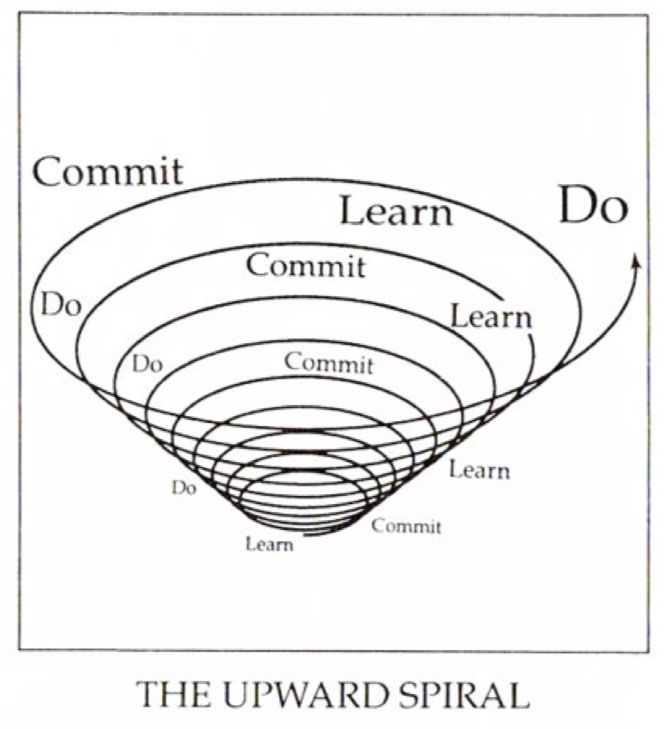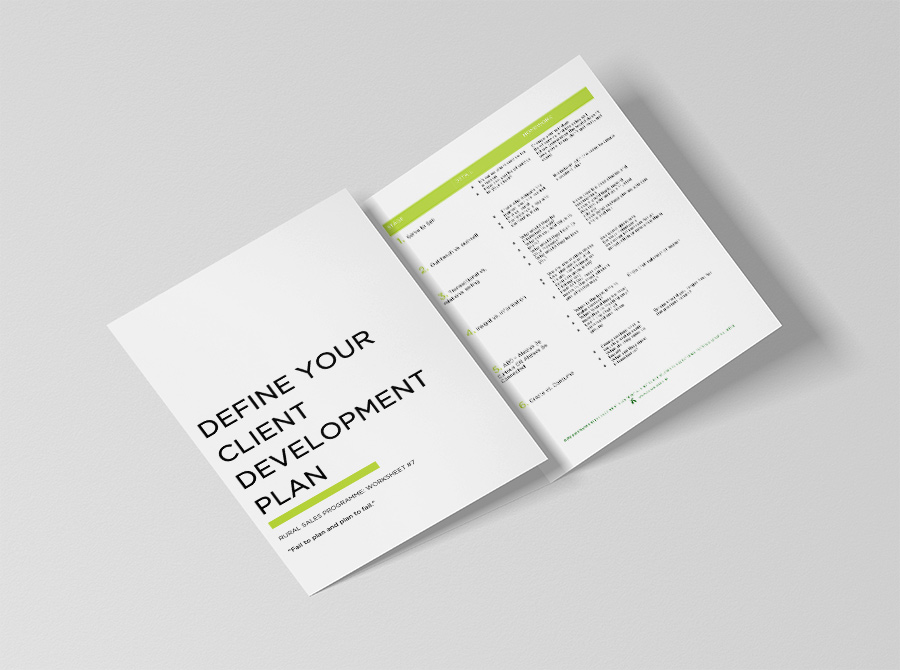Why Technology Can Be The Truth And Proof NZ Ag Needs
Truth and proof are the currencies of trust and NZ Ag needs more trust than ever.
We are under huge pressure to prove to those outside our industry that we are the true stewards of the land we claim to be, that we treat our animals with care and compassion and that we are responsible and reliable employers. Succinctly summed up as our social licence to operate.
The big benefit of providing compelling and concrete truths is it’s very hard to argue against something that is real and tangible, rather than manufactured or made up.
This is why we use evidence in a court of law. We don’t like falsehoods or fraud and we prefer facts. Truth always triumphs trickery every time.
We seek out the truth because its an innate human trait to do so. We want to know what we see is what it is. What is said or claimed are tested against evidence. Like running our very own personal fact checks.
We challenge any assertions or assumption until we know their true because so much of what we see and hear today is fatigued through broken marketing promises or brand exaggerations. Nothing is taken on face value and anecdotes or absolutes don’t wash anymore because we’ve been burnt far too many times.
We seek truth and proof. And technology can help us with this.
Technology now allows all of us in Ag to show proof of placement when it comes to effluent, fertiliser or nutrients. We can show local authorities nitrogen loss through soil structures using accurate vs aggregated data. We can show where and when we sprayed and how much. We can show emissions emitted. We can show the quality of our water. We can show our health and safety hazards. We can show what we fed our animals when. We can even show when we did or didn’t apply animal health products.
These truths are our greatest assets if we have good story to tell.
And like any asset they need to provide an income-generating return to their investors.
The return and reward using technology in farming is so we can extract more value from conscientious consumers who are hungry to find out more about where their food comes from. The market signals sent mean a greater ability for us to invest in meeting and exceeding our consumers’ needs.
Discerning consumers will pay more knowing their product’s provenance, where it came from and how it was farmed. Ethical and environmental needs to be evidence-based and are now big drivers of consumer purchase.
Farm Assurance Plans mean we can tell a story based on the truth and transparency that makes our products distinct and different. If our product experiences lower intervention or manipulation then we can command margins that make our food producers more money instead of worrying we’ll to lose Memphis Meats and their lab meat friends (their truth will come out soon enough if it hasn’t already).
Insurance is priced at a premium depending on amount of risk factored in.
Our risk, put simply, is if we don’t have the evidence to back up our claims, ultimately we will pay the price rather than the consumer.
Having all our plans in place offering proof reduces this risk. We have the proof and truth to show what did what we say we did allowing us to command a premium.
A POSITIVE UPWARD SPIRAL
When we tell our truths, it should provide us with additional profits that we can re-invest into our farming businesses to make them even better. What Stephen Covey calls an upward spiral. The data teaches us what we’re doing wrong and what we need to do right so we continually improve through continuous feedback loops and learning.
If we ignore the adoption of technology in our farming operations then only a downward spiral remain taking us ever closer to a world of commodification and generics where no premium is paid and price is our only lever.

Think about the confidence and back up of a technology that proves you did what you said you did. We already use it for our home security and some of us for our cars with dash cams. We even used it for the recent Cricket World Cup. The truth that technology allows gives us the ability to make better decisions across the whole value chain. And better decisions means better outcomes.
When I chaired the recent Rural Connectivity Symposium in Wellington, I asked the attending telcos to what business they thought they were in. I challenged them to stop thinking about their technology and start thinking about the truths it told and the trust it enabled.
The transparency technology provides shouldn’t be seen as a foe by farmers. It should be seen as a friend helping them tell their story truthfully and transparently. It’s not a cost because the payback in perception and premium is the investment we have to make to get the returns we want.
BUT WHAT IF WE DON’T WANT TO TELL THE TRUTH?
I don’t believe we have a choice.
If we don’t, someone else will like the lobby groups or animal right activists. The truth always comes out whether we like it or not, so front foot is far better than back.
Technology challenges us to be better, more sustainable and responsible food producers so rather than ignore it, we must adopt it if we want to break the commodity cycle and be paid what we think we’re worth.
When the world demands more answers from us we now have the technology to transform our industry by answering those questions before they’re even asked.
The truth shouldn’t be inconvenient. It is critical if we want to continue to earn the trust and trade of our consumers.
Let’s embrace the truth and proof that technology provides. Then we’ll all win along the way.
+++
What do you think? Is technology the best way forward for NZ Ag to attract greater premiums for its produce? What have we missed here?





